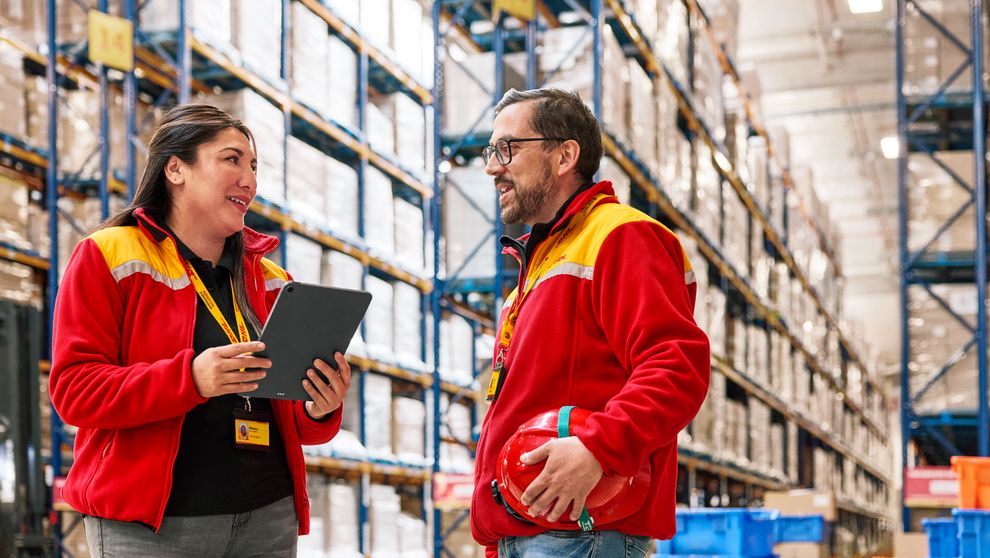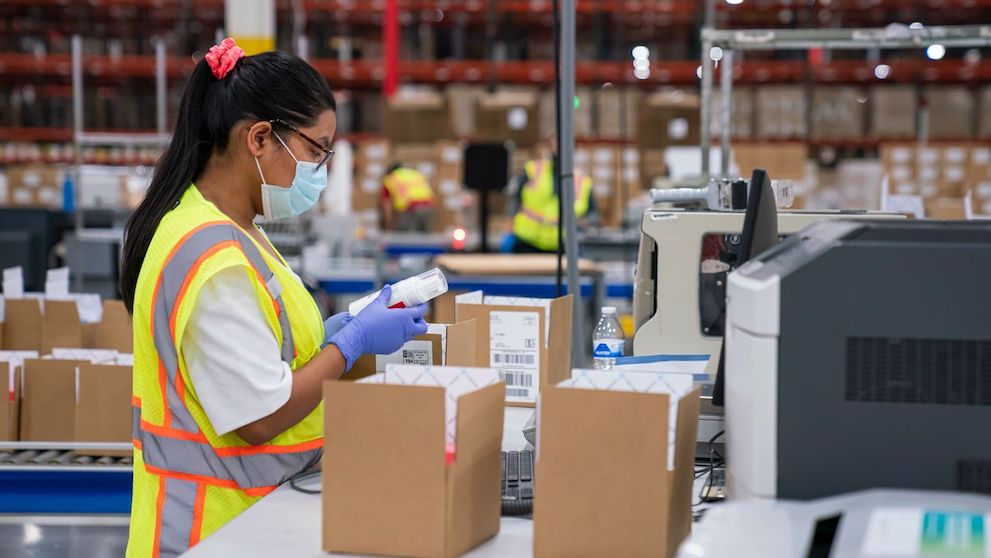As global attention shifts to promote environmental sustainability, Indonesia is making strides to reduce its environmental impact through aggressive policies, regulations, and initiatives aimed at transforming its industrial landscape. From setting ambitious carbon emission reduction targets to embracing renewable energy, Indonesia is establishing itself as a leader in green growth. For businesses, this drive for sustainability presents both opportunities for growth and challenges in implementation.
The Indonesian government’s green initiatives for sustainable industry
To foster a sustainable industrial sector, the government has introduced several environmental sustainability initiatives that support eco-friendly businesses and promote green growth in Indonesia. These initiatives align with the United Nations' 17 Sustainable Development Goals in Indonesia, which address environmental, social, and economic sustainability.
Comprehensive waste management programs
Indonesia’s municipal solid waste management efforts focus on reducing the amount of waste sent to landfills by applying the 3R principles: Reduce, Reuse, and Recycle. The Ministry of Public Works and Housing is prioritizing the development of regional landfills for three to four cities, aiming to improve waste management practices. This includes enhancing the carrying capacity of landfills and transitioning from open dumping to more sustainable sanitary landfills.
Incentives to adopt sustainable energy for industry
The Ministry of Finance provides several tax incentives to encourage investment in sustainable energy, including tax holidays, tax allowances, import duty exemptions, VAT reductions, government-borne income tax, and property tax reductions. These benefits are designed to make geothermal and other renewable energy projects more financially viable, accelerating the shift away from fossil fuels.
In addition, the Ministry issues Sovereign Green Sukuk (Green Islamic Bonds) in both global and retail forms. The funds raised through these green bonds are used to finance critical climate mitigation and adaptation projects, further supporting Indonesia's commitment to reducing carbon emissions and building a sustainable industrial future.
What this means for businesses in Indonesia
The government’s efforts to promote renewable energy and reduce carbon emissions are part of a broader push for businesses to adopt practices that contribute to the 17 Sustainable Development Goals (SDGs) in Indonesia. This includes actions like ensuring access to clean water, reducing poverty, and promoting responsible consumption and production. The benefits of environmental sustainability in business extend beyond compliance; they can also lead to cost savings, enhanced brand reputation, and access to new markets, creating long-term value for businesses committed to sustainable practices.
Advantages of embracing sustainability in your business
- Operational cost savings: Embracing sustainable business practices, such as energy efficiency and waste reduction, can result in operational cost savings. For example, efficient resource use can lower raw material costs, while waste reduction initiatives can minimize disposal expenses. Additionally, achieving supply chain sustainability improves brand reputation, attracting eco-conscious clients and partners.
- Access to international markets: For international clients, compliance with the SDGs is often a key factor in selecting suppliers. As a result, Indonesian businesses that embrace sustainability not only contribute to global environmental efforts but also enhance their chances of securing international partnerships and expanding their global reach.
Challenges of embracing sustainability in your business
- High initial investment: Adopting sustainable energy solutions and overhauling waste management systems require significant initial capital. Many small and medium-sized businesses may still face financial constraints in adopting these changes, even with government support.
- Complex supply chain adjustments: Shifting to sustainable sourcing and supply chain management can be challenging, as businesses need to ensure that their suppliers comply with eco-friendly standards. This requires extensive coordination, supplier audits, and sometimes a complete overhaul of existing supply networks.
- Navigating new regulations: Compliance with government regulations can be complex and time-consuming, particularly for businesses unfamiliar with sustainability standards. Regular audits and ongoing adjustments to stay compliant can strain resources, especially for smaller businesses with limited capacity.
How can businesses be more sustainable

To capitalize on Indonesia’s shift toward sustainable industry and answer the question of how can businesses be more environmentally friendly, companies can take these actionable steps to thrive in the evolving landscape:
Conduct a sustainability assessment
A sustainability assessment is the first step in determining areas where a business can improve its environmental impact; this assessment is an essential starting point to align with green growth in Indonesia and the 17 sustainable development goals. This may include reviewing waste management practices, assessing energy use, and evaluating supplier relationships. By identifying specific gaps, businesses can develop a sustainable business strategy that addresses their unique needs.
Invest in energy-efficient technologies
Energy-efficient technologies, such as LED lighting, energy-saving equipment, and optimized heating and cooling systems, can help businesses reduce energy consumption and cut costs. Energy-efficient machinery, although costly upfront, offers substantial savings in the long run and can contribute to a reduced carbon footprint, making it a valuable investment in sustainable business strategy.
Embrace circular economy principles
A circular economy is one in which resources are reused and recycled, minimizing waste. Companies can adopt circular principles by designing products for longevity, reusing materials, and incorporating sustainable packaging into their business. This approach not only minimizes waste but also reduces dependence on raw materials, fostering a more resilient supply chain.
Prioritize sustainable sourcing
Sustainable sourcing ensures that suppliers also adhere to eco-friendly practices. By choosing suppliers with strong environmental policies and fair labor practices, businesses can build a greener supply chain. Establishing strict procurement policies and collaborating with suppliers on sustainable sourcing initiatives can help companies meet international sustainability standards.
Communicate sustainability efforts transparently
Transparent communication of sustainability efforts is essential to gaining stakeholder support. Regular updates on progress and detailed sustainability reports demonstrate to clients and partners that the company is committed to being an eco-friendly business and adopting sustainable business practices. Clear communication also enhances trust and strengthens the company’s reputation as an industry leader in environmental responsibility.
Unleash your business potential in Indonesia's sustainable future
Ready to navigate the exciting, greener future of the Indonesian industry? Open a DHL Express business account today and explore how our DHL logistics solutions can help you streamline your supply chain while minimizing your environmental impact.
With our GoGreen Plus service, DHL Express provides shippers with greater opportunities to do their part for the environment, helping reduce up to 30% of the carbon emissions associated with overseas shipping. DHL Express is committed to supporting businesses in their journey toward sustainability.




































